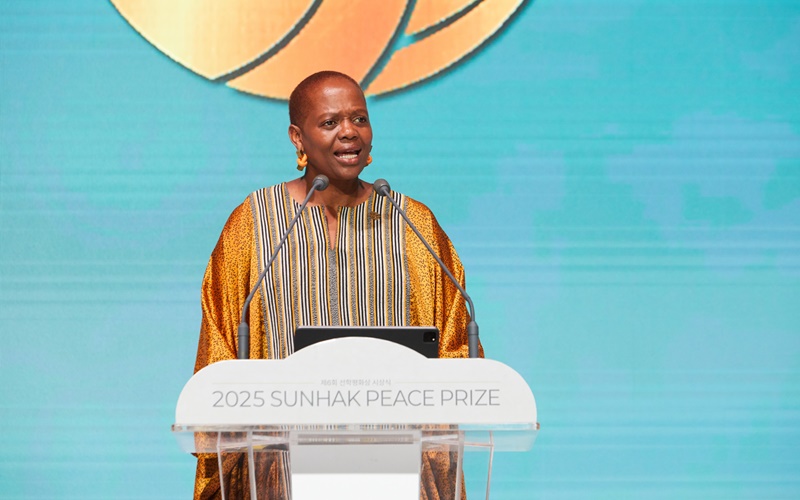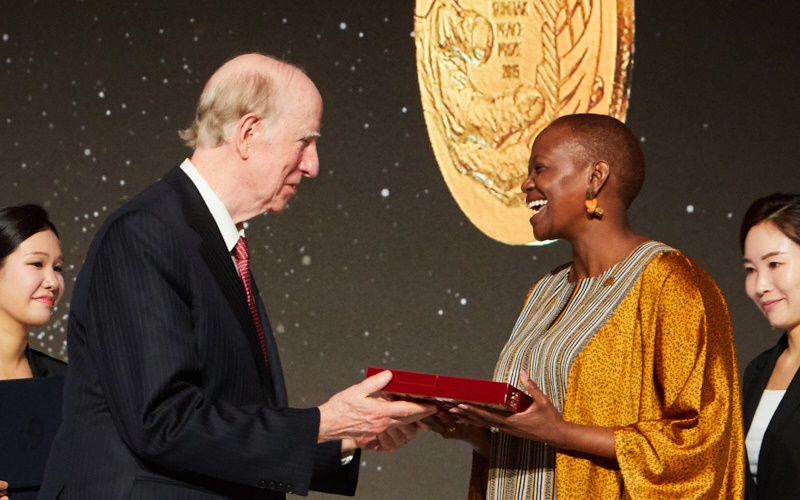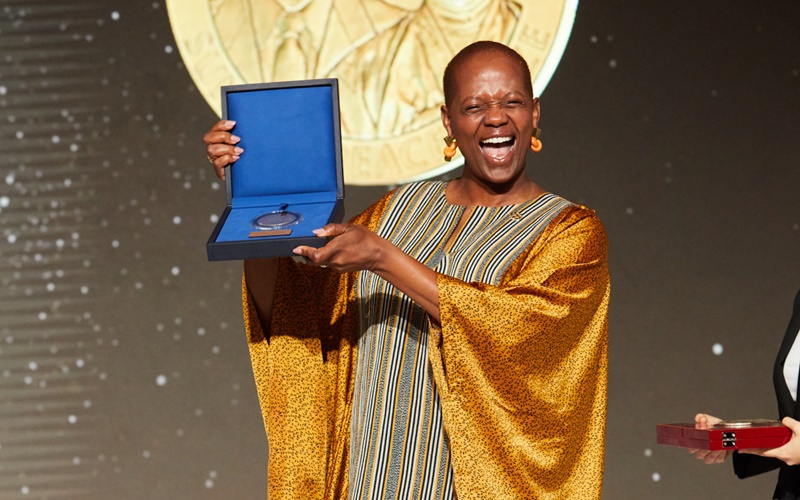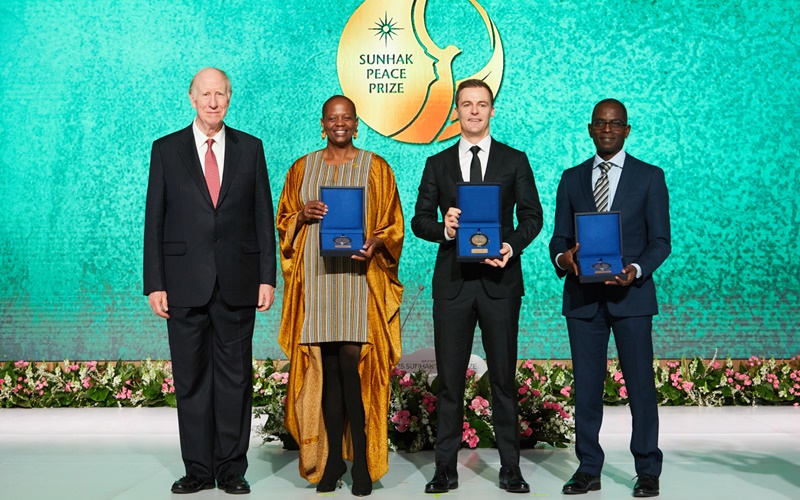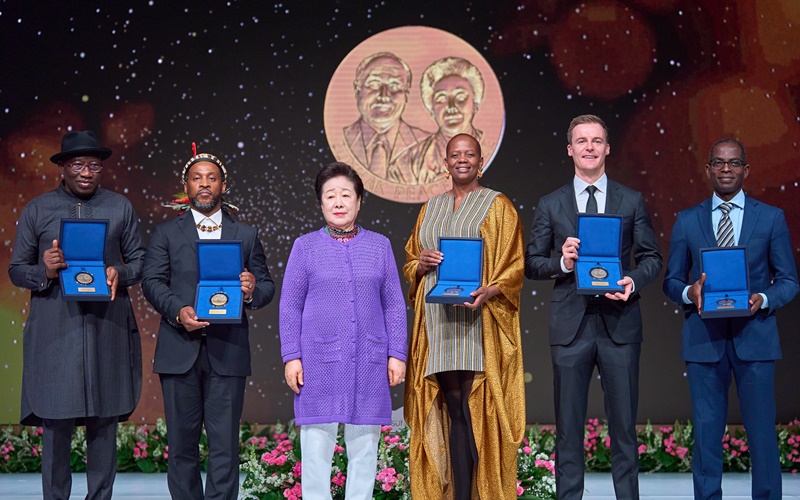![[Wanjira Mathai] 이미지](http://www.sunhakpeaceprize.org/data/bbsData/17369102339.png)
2025 Laureate
- Wanjira Mathai
- Managing Director Africa & Global Partnerships, World Resources Institute (WRI) and Chair of Wangari Maathai Foundation
An environmental activist preserving Africa's climate resilience and biodiversity.
Wanjira Mathai carries forward the legacy of her mother, Wangari Maathai, by leading efforts to restore ecosystems and strengthen climate resilience across Africa. Through the Green Belt Movement, she has planted 51 million trees and spearheaded the African Forest Landscape Restoration Initiative (AFR100), which aims to restore 100 million hectares of degraded land by 2030.

51 million Trees Planted Across Africa
Wanjira Mathai and the Green Belt Movement: A Beacon of Ecological Restoration.
Since 1977, the Green Belt Movement, founded by Wangari Maathai, has expanded under Wanjira Mathai’s leadership to plant over 51 million trees. The movement has grown into a grassroots force for environmental conservation, economic development, and social change across Africa.
In 2023, the AFR100 initiative, led by Mathai, achieved the restoration of 30 million hectares of degraded land, enhancing biodiversity, water security, and soil fertility while fostering economic opportunities for local communities.
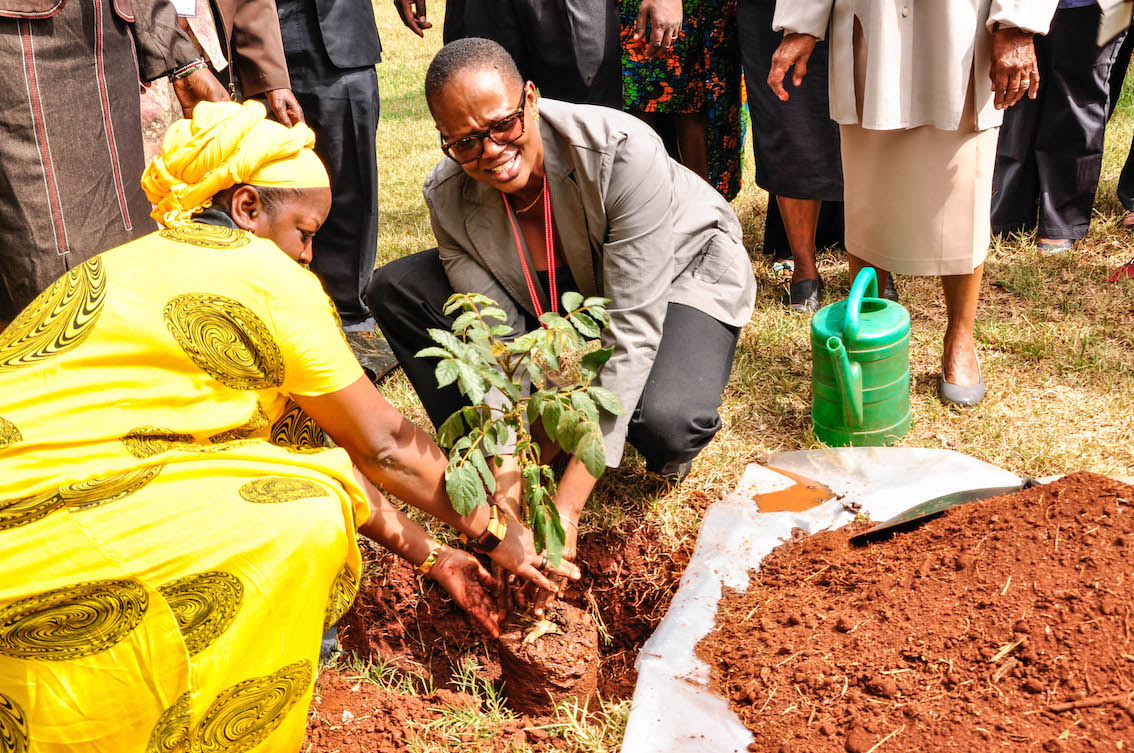
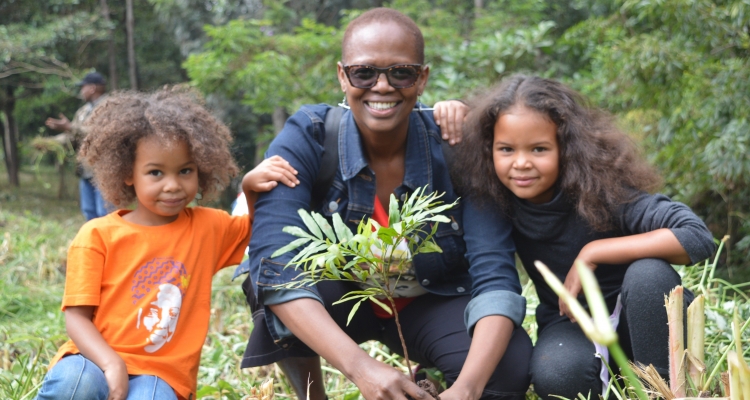
Women Leading the Renewable Energy Transition
Empowering Women through the wPOWER Program
Mathai has championed renewable energy entrepreneurship for African women through the wPOWER program, providing training to over 5,000 women. These entrepreneurs promote solar power and sustainable energy solutions, reducing reliance on fossil fuels and improving energy access in underserved regions.
Reviving Africa’s Degraded Landscapes
AFR100 Initiative: Breathing Life into the Land
As Global Partnerships Director at WRI Africa, Wanjira Mathai leads the AFR100 initiative, which collaborates with 31 African nations to restore 100 million hectares of degraded land by 2030. To date, 30 million hectares have been restored, creating jobs, enhancing livelihoods, and boosting agricultural productivity.
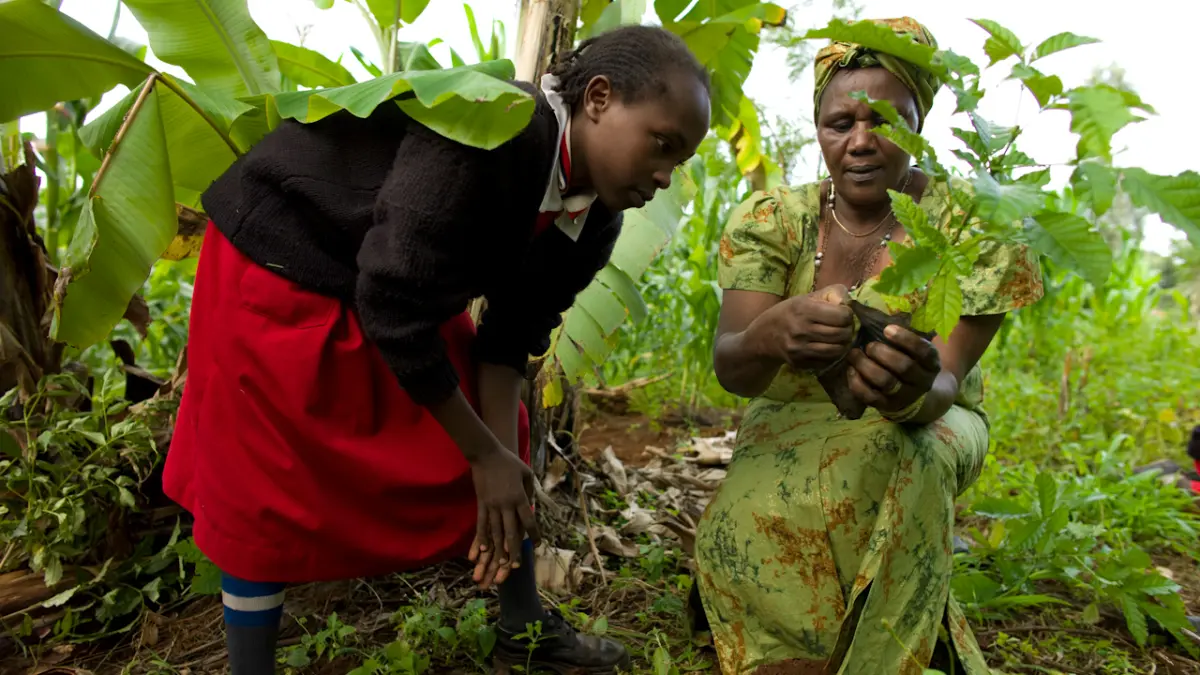
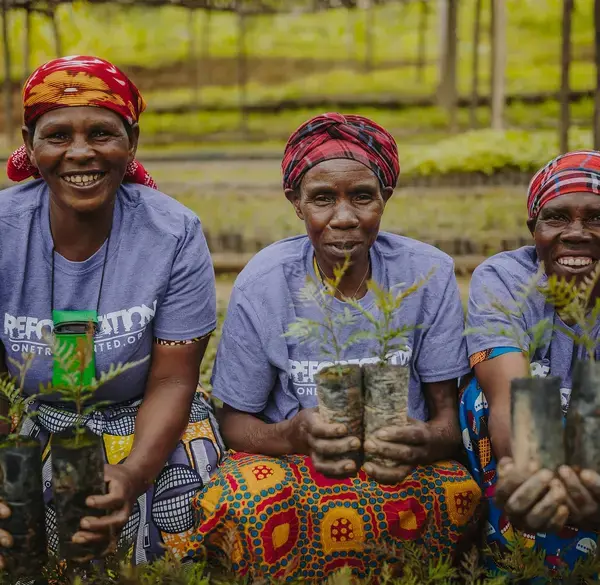
Reviving Africa’s Degraded Landscapes
AFR100 Initiative: Breathing Life into the Land
As Global Partnerships Managing Director at WRI Africa, Wanjira Mathai leads the AFR100 initiative, which collaborates with 31 African nations to restore 100 million hectares of degraded land by 2030. To date, 30 million hectares have been restored, creating jobs, enhancing livelihoods, and boosting agricultural productivity.
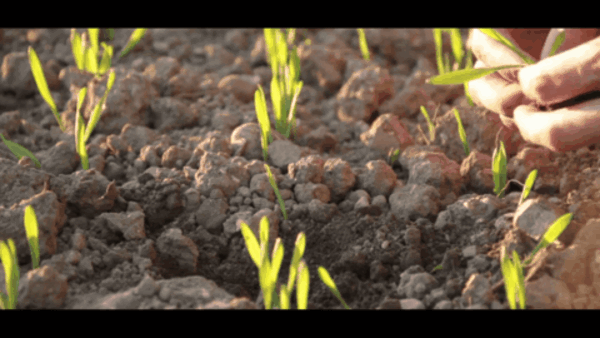
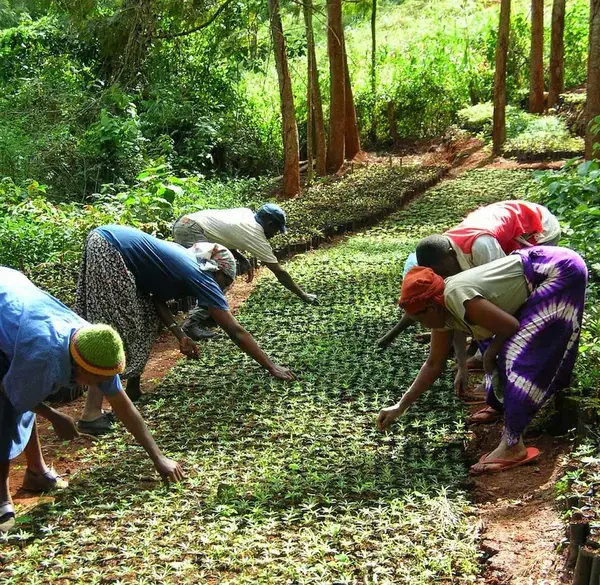
![[Wanjira Mathai] 이미지](http://www.sunhakpeaceprize.org/data/bbsData/17369102339.png)
Wanjira Mathai
- Born
- 1971
- Country
- Kenya
- Reason for Award
- Wanjira Mathai has provided innovative and sustainable solutions for ecosystem restoration and climate resilience in Africa. Her work highlights the importance of harmony between the environment and communities, inspiring global action for conservation.
Education
Smith College: Bachelor’s in Biology
Emory University: Master’s in Public Health
Career
2002–Present
Chair and Director, Green Belt Movement
2013–Present
Program Leader, Women Entrepreneurs in Renewables (wPOWER)
2015–Present
Co-Founder, Wangari Maathai Foundation
2019–Present
Managing Director, Africa and Global Partnerships, World Resources Institute
2022–Present
Africa Adviser, Bezos Earth Fund
Awards
2023
Soka Global Citizen Award, Soka University
Recognition
2018, 2020, 2021
TIME’s 100 Most Influential African Women
2023
TIME’s 100 Most Influential People
2023
BBC’s 100 Women
2024
TIME’s 100 Most Influential Climate Leaders

